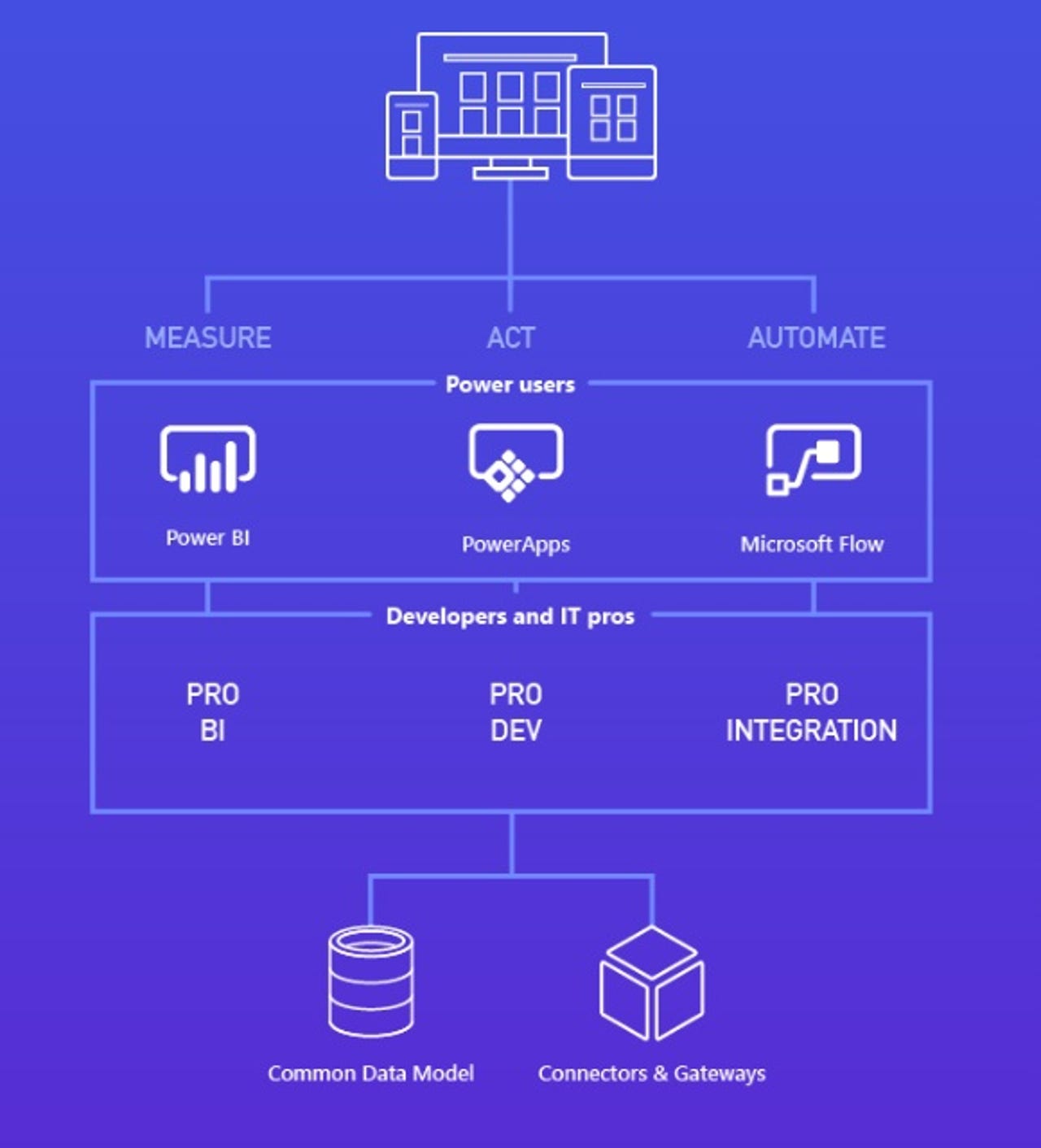Microsoft releases its Common Data Model database to testers

Microsoft made the promised public preview of its Common Data Model database available on August 8.

The Common Data Model, which Microsoft describes as "an out-of-box business database for storing and managing business entities," is at the center of its PowerApps service for building custom business apps and the coming Dynamics 365 ERP/CRM cloud bundle.
See also
CDM can be used today as a business database for flows created with Microsoft's Flow event-automation tool. CDM can provide access to standard entities, plus allow developers to build custom entities. Microsoft is providing some templates to help users get started.
Users will be able to use CDM to collect data, such as Tweets or RSS items. They also can import and export data from services like Dynamics CRM, Salesforce.com, Excel, and Microsoft's SQL database (cloud and on-prem). They also have the option to use CDM to build and store history/status of pending approvals.
The CDM is meant to provide a database of entities that are common across industry domains, like Sales, Purchase, Customer Service, and Productivity. These entities will connect to Microsoft's first-party business applications, as well as third-party and customer-developed apps.
The entities in CDM will support data types like Address, Email, Currency, Invoice and Order Auto Numbering, images, geographic locations, and more. They'll be implemented using the latest SQL Server data types.
The CDM will be at the heart of Microsoft's Dynamics 365 cloud bundle, the first pieces of which will be available this fall.